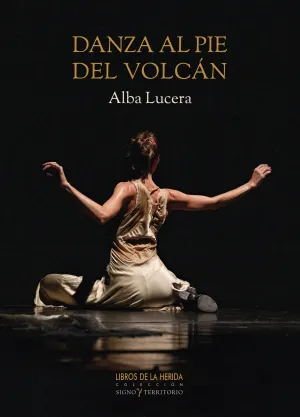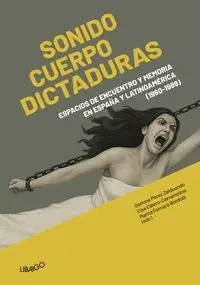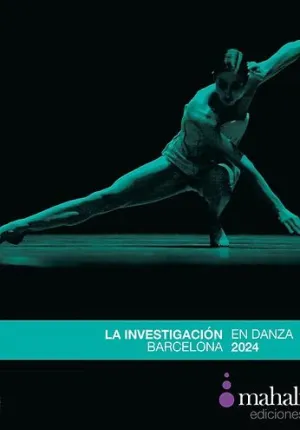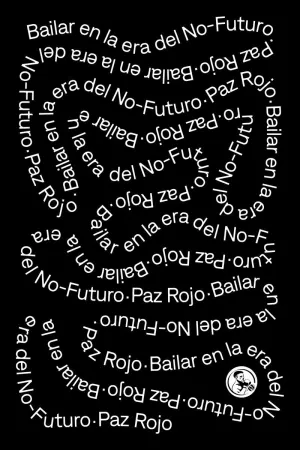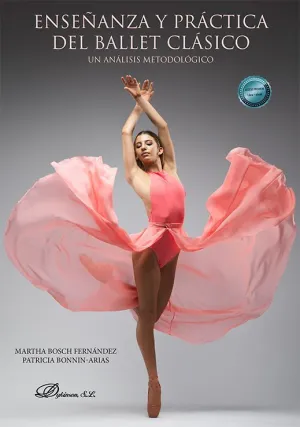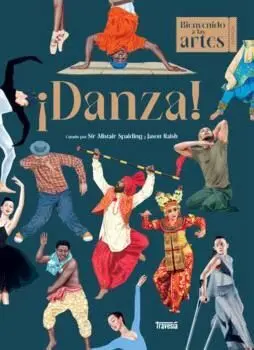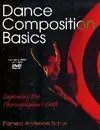
- Editorial:
- HUMAN KINETICS
- Materia:
- DANZA, BALLET, BAILE
- ISBN:
- 978-0-7360-5532-1
- Páginas:
- 184
DANCE COMPOSITION BASICS - CAPTURING THE CHOREOGRAPHER´S CRAFT
PAMELA ANDERSON SOFRAS
Text instruction can go only so far in teaching how to create dances. Dance Composition Basics picks up where other textbooks leave off, with a bound-in DVD that features professional choreographers and dancers in action.
Designed for beginning college-level dance composition courses and dance educators at the middle and high school levels, this textbook and DVD package highlights selected portions of original dance compositions by two noted choreographers. The works of Alonzo King (Chants and Dreamer) and Dwight Rhoden (Verge) are recorded and analyzed to sequence the choreographic process. Students are able to witness a progression that takes them from conceiving and refining an idea to improvising and solving movement problems to shaping and performing dances.
The methods featured in Dance Composition Basics can be applied to a variety of dance styles including ballet, modern, and jazz. Each of the 27 lessons serves as a starting point that encourages novice dancers to embark on their own attempts at choreography with more confidence.
Structured to present concepts from simple to complex, the chapters cover the body, space, time, energy, and choreographic devices. Each chapter is divided into lessons based on the dance element or concept highlighted. The lessons challenge students to create solo, duet, trio, and group works. Each lesson includes the following components:
* One choreographic concept
* Video documentation of the choreographic concept
* Vocabulary words
* Introductory statement
* Warm-up
* Structured improvisations
* Creative choreographic problems
* Questions for discussion
* Assessment rubrics
The DVD supplements the written instruction in a progression that no textbook alone could achieve. It shows dancers as they solve movement problems, and it shows choreographers as they mold their works from conception to stage performance. DVD footage also captures the decision-making and problem-solving tactics used by each choreographer. With these concrete examples, students can form a basis of comparison when completing their own assignments.
Dance Composition Basics is a practical introduction to the methods and tools used in composing dances that engages students in the processthe preferred method of learning and teaching dance composition today. Through real-world examples, this text and DVD package demonstrates the direct relationship of the activities learned in the dance composition class to the current practices used by professional choreographers.
About the Author
Pamela Anderson Sofras, MEd, is a professor of dance and dance education at the University of North Carolina. She has 30 years of experience teaching dance at the university level and has taught and developed courses in modern dance technique, composition, dance education methods, and student teaching. From 1978 to 1990, she was affiliated with the American Dance Festival as a faculty member. She served as assistant, associate dean, and founding director of the Young Dancers School of the American Dance Festival.
Sofras was part of a team of educators who wrote dance education guidelines for training K-12 dance teachers for the public schools of North Carolina. She has also developed curriculum materials, supported by state and national grants, for professional arts organizations located in New Jersey, North Carolina, Tennessee, and New York. Sofras has been the recipient of six North Carolina Arts Council grant awards to study the choreographic processes of five separate choreographers as they created work for North Carolina Dance Theatre, a professional dance company. The processes were documented and translated into curriculum materials for teachers and for university classes.
A charter member of the National Dance Education Organization (NDEO), Sofras is also a member of the education committee of the North Carolina Dance Theater and a site evaluator for the North Carolina Arts Council grant activities. She has received numerous awards for her contributions to the field of dance education, including the NDEOs Vision Award, the American Alliance for Health, Physical Education, Recreation and Dance (AAHPERD) College/University Educator of the Year, and the North Carolina Dance Alliance Award. In addition, she received the UNC Service Award in 2002 for her sustained service to public schools. Sofras regularly presents professional development workshops in dance pedagogy for teaching artists and teachers working in public and private school settings.
Table of Contents
Preface
Alonzo King: Featured Artist and Work
Dwight Rhoden: Featured Artist and Work
How to Use the DVD
Dance Composition Basics DVD Menu
Acknowledgments
Chapter 1. The Body: Exploring the Ways We Move
Lesson 1 Impulse: Origins of Movement
Lesson 2 Phrase: Linking Movements
Lesson 3 Gesture: Personal Vocabulary of Movement
Lesson 4 Shape: Body Design
Lesson 5 Problem Solving: Creating a Solo
Chapter 2. Space: Exploring the Expanse We Move In
Lesson 1 Air and Floor Pathways: Mapping the Route
Lesson 2 Diagonals: From Corner to Corner
Lesson 3 Symmetry: Balancing Shapes
Lesson 4 Positive and Negative Space: Sharing a Shape
Lesson 5 Balance: Supporting Each Other
Lesson 6 Imitation: Reflecting Each Other
Lesson 7 Problem Solving: Creating a Duet
Chapter 3. Time: Exploring Tempo
Lesson 1 Slow Motion: Dancing in Reverie
Lesson 2 Speed: Learning to Dance Quickly
Lesson 3 Pacing: Combining Different Pulses
Lesson 4 Accelerating: How Fast Can It Go?
Lesson 5 Problem Solving: Creating a Trio
Chapter 4. Energy: Force Generating Movement
Lesson 1 Inertia: Readiness to Move
Lesson 2 Opposites: Contrasting Energies
Lesson 3 Dynamics: Qualities of Movement
Lesson 4 Intensity: Increasing and Decreasing Force
Lesson 5 Problem Solving: Creating a Small-Group Composition
Chapter 5. Choreographic Devices: Creating Finished Compositions
Lesson 1 Call and Response: Antiphonal Movement
Lesson 2 Canon: Dancing in Unison a Few Counts Apart
Lesson 3 Directional Mirroring: Parallel Reflecting and Reverse Reflecting
Lesson 4 Variation: Interweaving and Varying Patterns
Lesson 5 Problem Solving: Creating a Movement Suite
Glossary
Bibliography
Index
About the Author
Dance Composition Basics DVD...

